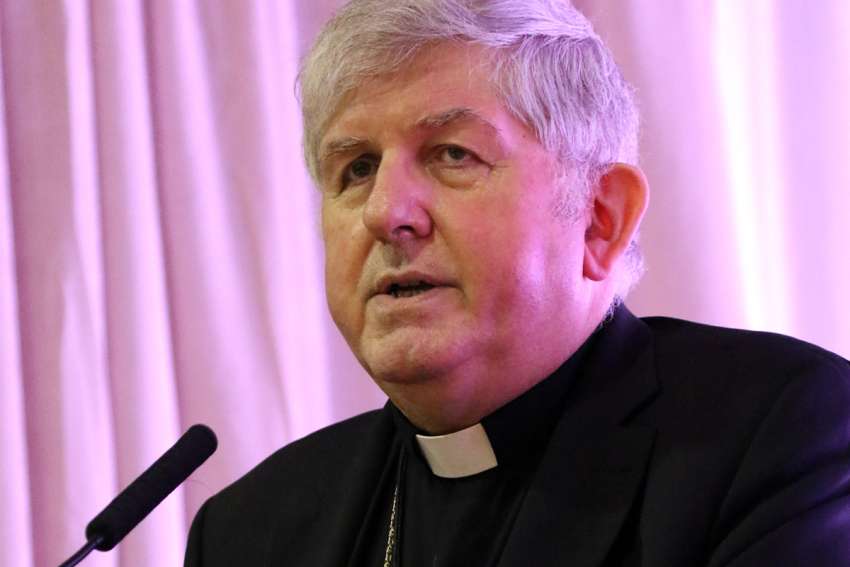“Saddened, but not surprised.”
This is how Cardinal Thomas Collins characterized his reaction to Canada’s now infamous reputation as the world’s fastest-growing euthanasia regime.
Assisted suicide was the fifth-leading cause of death in 2022. The 13,241 medical assistance in dying (MAiD) fatalities represented four per cent of all Canadian fatalities that year. Health Canada estimated it would take until 2033 for MAiD to reach that percentage threshold.
Now, MAiD expansion is at hand in Quebec. As of Oct. 30, Quebec medical professionals will be able to kill patients who can no longer consent before receiving fatal injections as the current legal requirement to affirm a death wish will be waived, despite Ottawa's refusal to permit it. Crown prosecutors in Quebec have been directed to not bring charges against physicians where a Quebec-only advanced directive exists.
If you examine the plethora of portents about MAiD the Archbishop of Toronto from 2007 to 2023 has issued over the past eight years, in no way would you assume Collins would be stunned by the medical-killing trajectory in this country.
Collins presciently warned in a June 20, 2016, statement that “in other places where euthanasia has been introduced, it has always been cloaked with safeguards” that lull the citizens into complacency. Over the years those ‘safeguards’ gradually weaken and finally drop away, and then the full hard cold force of euthanasia is felt.”
Originally, the only qualifiers for MAiD under Bill C-14 were Canadians with grievous, irremediable medical conditions and a reasonable foreseeability of natural death. Slowly, the criteria has expanded. Upon passage in 2021, Bill C-7 jettisoned the anticipatable natural death eligibility criterion. And while extending access to individuals exclusively contending with a mental illness has been delayed until March 17, 2027, in August, the activist organization Dying with Dignity Canada filed a constitutional challenge hoping to judicially quash the mental-health veto.
Collins actively avoids using medical assistance in dying, or its acronym MAiD, in his working vocabulary. He uses the term lethal injection. He said promoters of medical killing should do the same.
“I always say that If someone's proud of doing that they should just call it a lethal injection,” said Collins. "Say ‘I'm in favour of lethal injection. I think it’s a great thing.’ The fact they try to find words that will sort of hide what's really happening indicates there may be a flicker of conscience still left burning in their hearts. They don't want to face what they're doing — they are killing people. They want to cover it over to keep their conscience soothed.”
Tenacious efforts must continue to dissuade people from seeking euthanasia out of an emotional desire to not burden their loved ones, said Collins.
“We should help people realize that ‘you are worthy and you are loved,’ ” said Collins. “It's a lack of love or a feeling that they don't want to hurt you because their life is useless. Well, nobody's life is useless. We are children of God.”
Collins commends the work of Alex Schadenberg and the Euthanasia Prevention Coalition and the many other groups determinedly carrying forward with crusading efforts for the long haul.
A seed of advice Collins would like to impart is for people standing for a culture of life to follow the “clarity and charity” example of St. Frances de Sales, the Bishop of Geneva from 1602 to 1622 amid the Protestant Reformation.
“There are many reasons why people want to push abortion and euthanasia,” said Collins. “Some of them are misguided. If our fervour turns into a destructive flamethrower it is not going to help the cause. There is a great prayer somewhere during the ordination Mass. It says, ‘May you be an ardent but gentle servant of the Gospel.’ If we are ardent but not gentle then we are just going to make it worse and people will get deeper and deeper into this culture of death.”


